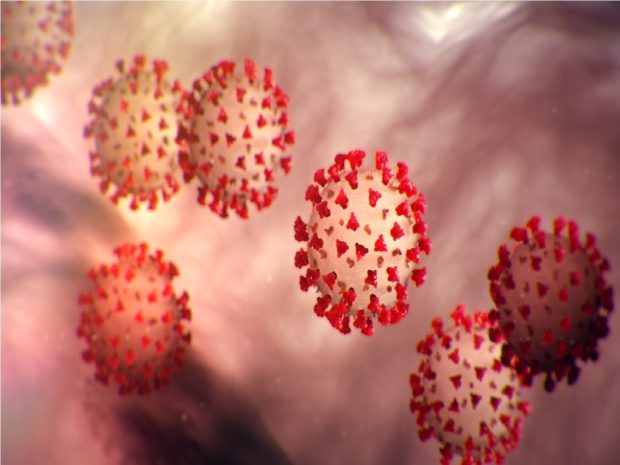
Covid antibodies last at least nine months after infection, study finds
PTI, Jul 19, 2021, 4:21 PM IST

London: Antibody levels remain high nine months after infection with SARS-CoV-2, the virus that causes COVID-19, whether symptomatic or asymptomatic, according to a study published on Monday that analysed data from an entire Italian town.
Researchers from the University of Padua in Italy and Imperial College London in the UK tested over 85 per cent of the 3,000 residents of Vo”, Italy, in February and March last year for infection with SARS-CoV-2, the virus that causes COVID-19.
They then tested them again in May and November 2020 for antibodies against the virus.
The study, published in the journal Nature Communications, found that 98.8 per cent of people infected in February and March showed detectable levels of antibodies in November.
The results also show that there was no difference between people who had suffered symptoms of COVID-19 and those that had been symptom-free.
“We found no evidence that antibody levels between symptomatic and asymptomatic infections differ significantly, suggesting that the strength of the immune response does not depend on the symptoms and the severity of the infection,” said study lead author Ilaria Dorigatti, from Imperial College.
“However, our study does shows that antibody levels vary, sometimes markedly, depending on the test used,” Dorigatti said.
Antibody levels were tracked using three ”assays” — tests that detect different types of antibodies which respond to different parts of the virus.
The results showed that while all antibody types showed some decline between May and November, the rate of decay was different depending on the assay.
The team also found cases of antibody levels increasing in some people, suggesting potential re-infections with the virus, providing a boost to the immune system.
The findings suggests that caution is needed when comparing estimates of infection levels in a population obtained in different parts of the world with different tests and at different times.
“The May testing demonstrated that 3.5 per cent of the Vo” population had been exposed to the virus, even though not all of these subjects were aware of their exposure given the large fraction of asymptomatic infections,” said Professor Enrico Lavezzo, from the University of Padua.
“However, at the follow-up, which was performed roughly nine months after the outbreak, we found that antibodies were less abundant, so we need to continue to monitor antibody persistence for longer time spans,” Lavezzo said.
The resaerchers also analysed the infection status of household members, to estimate how likely an infected member is to pass on the infection within the household.
They found that there was a probability of about one in four that a person infected with SARS-CoV-2 passes the infection to a family member and that most transmission (79 per cent) is caused by 20 per cent of infections.
This finding confirms that the majority of infections generate no further infections and a minority of the infections cause a large number of infections, the researchers said.
The large differences in how one infected person may infect others in the population suggests that behavioural factors are key for epidemic control, they said.
Physical distancing, as well as limiting the number of contacts and mask wearing, continue to be important to reduce the risk of transmitting the disease, even in highly vaccinated populations, according to the study.
The dataset, which includes the results of the two mass PCR testing campaigns conducted in February and March, and the antibody survey, also allowed them to tease apart the impact of various control measures.
The study showed that, in the absence of case isolation and short lockdowns, manual contact tracing alone would not have been enough to suppress the epidemic.
Udayavani is now on Telegram. Click here to join our channel and stay updated with the latest news.
Top News

Related Articles More

India & Kuwait elevate ties to strategic level; ink defence pact after PM Modi meets top Kuwaiti leaders

In Kuwait, PM Modi meets yoga practitioner, other influencers from Gulf country

PM Modi receives Kuwait’s highest honour

PM Modi in Kuwait meets translator, publisher of Mahabharata, Ramayana in Arabic

Indian manpower, skills will help build ‘New Kuwait’: PM Modi
MUST WATCH
Latest Additions

Kannada Sahitya Sammelana: Food distribution creates stir

Rohit gets hit in nets, practice pitches on slower side

India & Kuwait elevate ties to strategic level; ink defence pact after PM Modi meets top Kuwaiti leaders

In Kuwait, PM Modi meets yoga practitioner, other influencers from Gulf country

Notorious gangster wanted in UAPA case arrested at Nepal border
Thanks for visiting Udayavani
You seem to have an Ad Blocker on.
To continue reading, please turn it off or whitelist Udayavani.

















